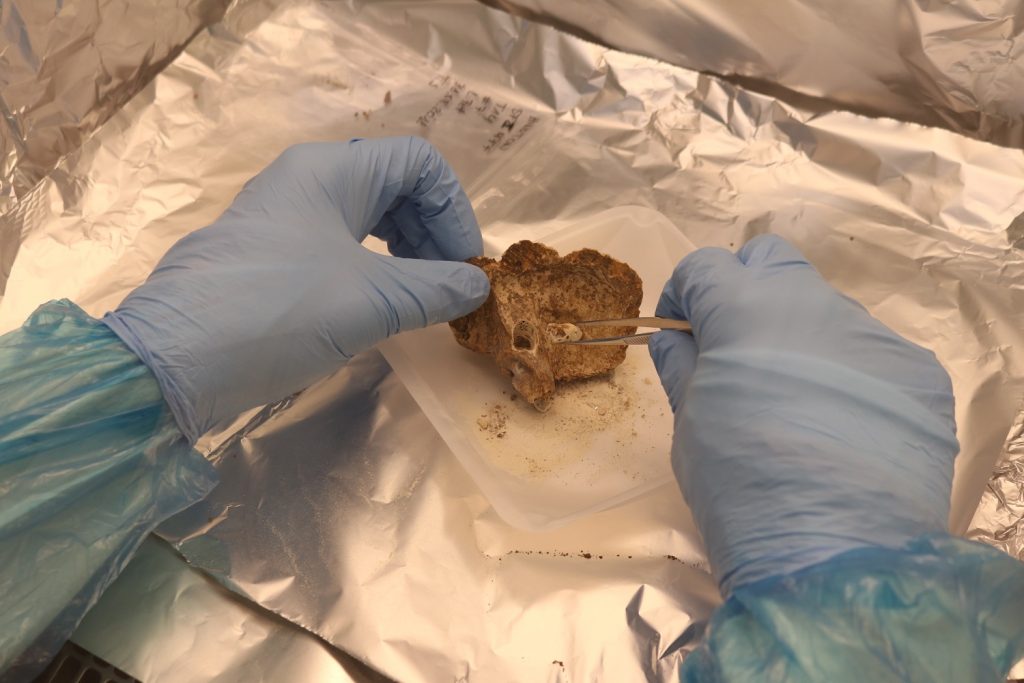To find out about politics and inequality in prehistoric Europe, the European Research Council awarded researchers of three countries with a grant of nearly €2 million; among the scientists to participate in the research is Christiana Scheib of the University of Tartu.
The five-year research is led by John Robb, a professor of European prehistory in the Department of Archaeology at the University of Cambridge.
Robb’s project, entitled “ANCESTORS – Making Ancestors: The Politics of Death in Prehistoric Europe” receives €1.94 million in funding. The project takes different methods, developed in previous scientific projects, and applies them to a major theoretical problem in European prehistory – the nature of community and the rise of inequality, the University of Tartu said in a statement.
Information on how the society has changed
“This project is really exciting, and I’ll be working with wonderful colleagues, Dr Christiana ‘Freddi’ Scheib at the University of Tartu and Dr Mary Anne Tafuri at Sapienza University of Rome,” Robb said.
Christiana Lyn Scheib, a senior research fellow of ancient DNA in the Institute of Genomics of the University of Tartu, has nearly €700,000 at her disposal in the project. According to her, the grant helps study inequality in prehistoric Europe, which is necessary to understand how our distant ancestors lived and what kind of society they lived in. “It will give us information regarding how the organisation of society has changed over time,” she noted.

Prehistory denotes the period between the introduction of agriculture and the first written records, according to the university.
How inequality influenced prehistoric Europe
In the course of the project, the researchers analyse the DNA, skeletons and funeral customs of 400 people who lived in prehistoric times. The subjects of the research come from three historical periods covering the Neolithic or the Later Stone Age (6000–4000 BC) and the periods from the end of the Stone Age to Early Bronze Age (4000–1800 BC) and from Intermediate Bronze Age to Iron Age (1800–600 BC).
“The results of the analysis enable us, for the first time, to estimate how inequality influenced prehistoric Europe and what the role of our ancestors was in it,” Scheib said. “No research studies of this kind have ever been conducted.”
So far, five researchers of the University of Tartu have received the grant of the European Research Council. Among them, a professor of nanomedicine, Tambet Teesalu, has been awarded the grant twice.
Cover: Christiana Scheib (Lumiere studio).

